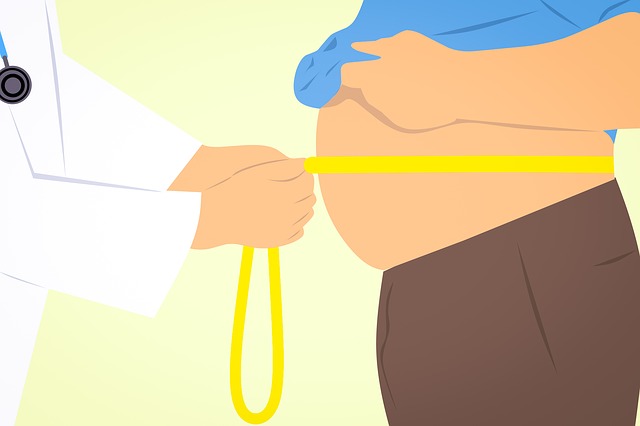PHE plans to cut excess calorie consumption

As part of the government’s strategy to cut childhood and adult obesity, major steps to cut people’s excessive calorie intake have been unveiled by Public Health England (PHE).
The package includes:
- New evidence highlighting overweight or obese boys and girls consume up to 500 and 290 calories too many each day respectively
- A challenge to the food industry to reduce calories in products consumed by families by 20% by 2024
- The launch of the latest One You campaign, encouraging adults to consume 400 calories at breakfast, and 600 for lunch and dinner. This comes as adults consume 200-300 calories in excess each day.
Too many children and most adults are overweight or obese, suffering consequences from bullying and low self-esteem in childhood, to type 2 diabetes, heart disease and some cancers as adults. An obese parent is more likely to have an obese child, who in turn is more likely to grow up into an obese adult.
The NHS spends around £6 billion a year treating obesity-related conditions. Obesity-related health problems also keep people out of work, stifling their earnings and wider economic productivity.
The government’s challenge to the food industry is set out in Calorie reduction: The scope and ambition for action, published today (6 March) by PHE. As with the sugar reduction programme, the industry has three ways to reduce calories:
- Change the recipe of products
- Reduce portion size
- Encourage consumers to purchase lower calorie products.
Categories of food covered by the programme include pizzas, ready meals, ready-made sandwiches, meat products and savoury snacks.
If the 20% target is met within five years, more than 35,000 premature deaths could be prevented and around £9 billion in NHS healthcare and social care costs could be saved over a 25 year period.
The report also includes new data on children’s daily calorie consumption. Depending on their age, overweight and obese boys consume between 140-500 calories too many each day and for girls it is 160-290, when compared to those with healthy body weights. Adults consume on average 200-300 calories too many each day.
Duncan Selbie, chief executive of PHE, says, “The simple truth is on average we need to eat less. Children and adults routinely eat too many calories and it’s why so many are overweight or obese.
“Industry can help families by finding innovative ways to lower the calories in the food we all enjoy, and promoting UK business leadership on the world stage in tackling obesity.”
The latest One You campaign aims to support people to be more calorie-aware when they are out and about with its simple tip 400-600-600 – aim for 400 calories at breakfast, and 600 for lunch and dinner.
Major high-street brands are partnering with PHE on the campaign, signposting to meals that meet the 400-600-600 tip. Total daily calorie intake recommendations remain at 2000 for women and 2500 for men.
Dr Alison Tedstone, chief nutritionist at PHE, says, “It’s hard for people to make healthy food choices, whether for themselves or their families. That’s why we are challenging the food industry to take 20% of the calories out of everyday foods, building on their good work on salt and promising announcements on sugar.
“We are also working through our campaign and its partners, to give the public the information they need to help make those choices easier.”
The 20% reduction target is the result of analysis of the new calorie consumption data, experience of sugar and salt reduction programmes, and more than 20 meetings with the food industry and stakeholders.
The next step in the programme involves engagement with the whole food industry – retailers, manufacturers, major restaurant, café, takeaway, and delivery companies – and health and charity sectors, to develop category guidelines. These will be published in mid-2019.
The Food and Drink Federation (FDF) has responded to Public Health England’s (PHE) plans to reduce excess calorie consumption in the UK.
Ian Wright CBE, FDF director general, says, “We warmly welcome the government outlining its calorie reduction ambitions in today’s report. FDF has long advocated an approach to tackling obesity which looks beyond individual nutrients and instead primarily focuses on calories.
“It’s encouraging too to see that the government’s renewed focus looks not just at the food and drink bought for consumption at home, but also at takeaways, restaurants and cafés. To be successful in improving the nation’s health, it is also vital that this work delivers appropriate, clear and easily understandable calorie messages for shoppers and consumers.
“FDF and its members take their responsibility in tackling obesity seriously. For the last decade the UK’s food and drink companies have been reformulating their products to reduce sugar, calories, fat and salt, as well as limiting portion sizes. In fact, over the last 5 years FDF members have reduced calorie content in the average basket by 5.5%.
“We look forward to working collaboratively with our partners including Public Health England to help shape the programme.”



